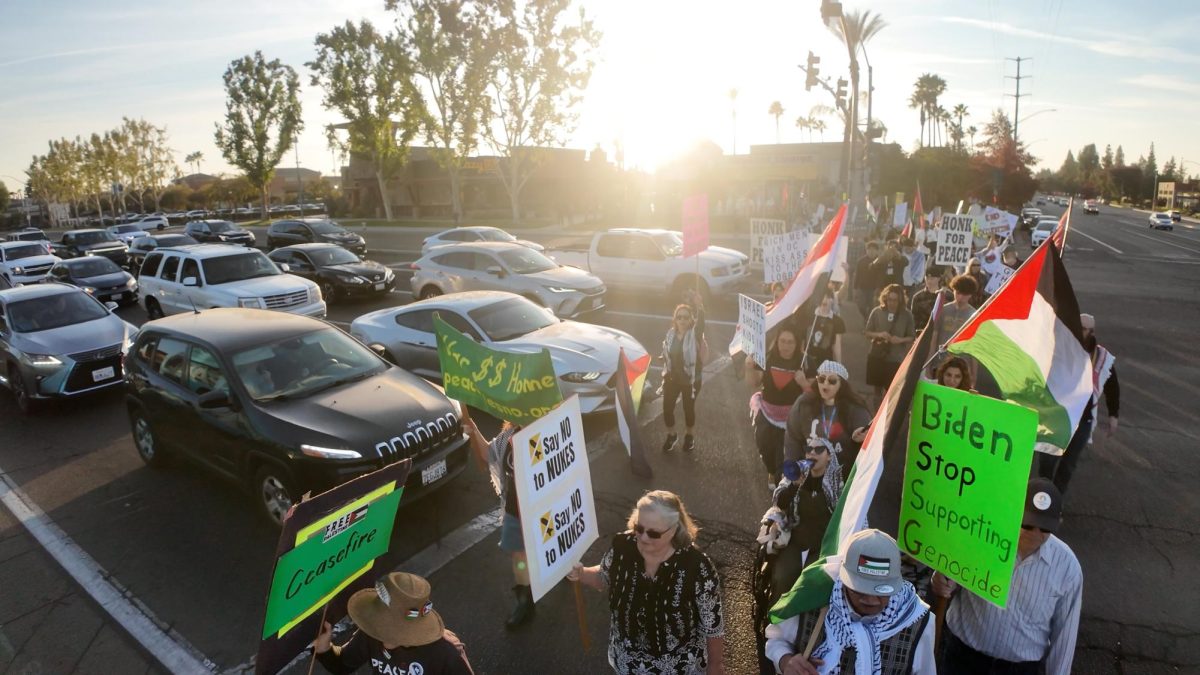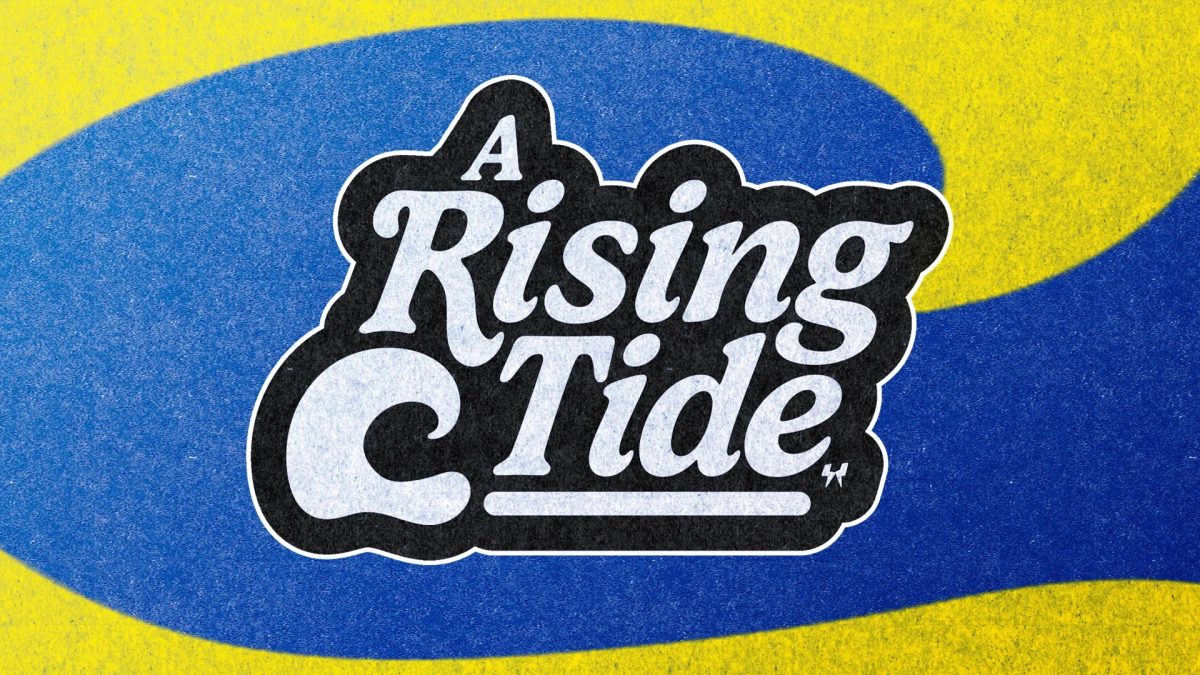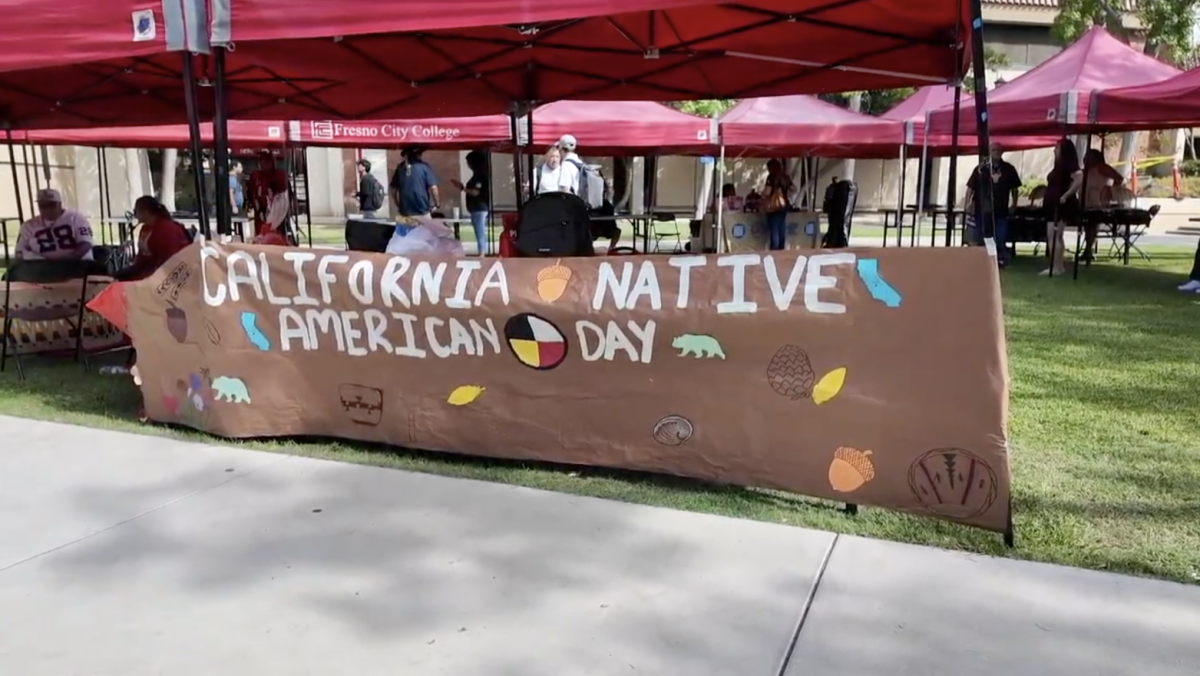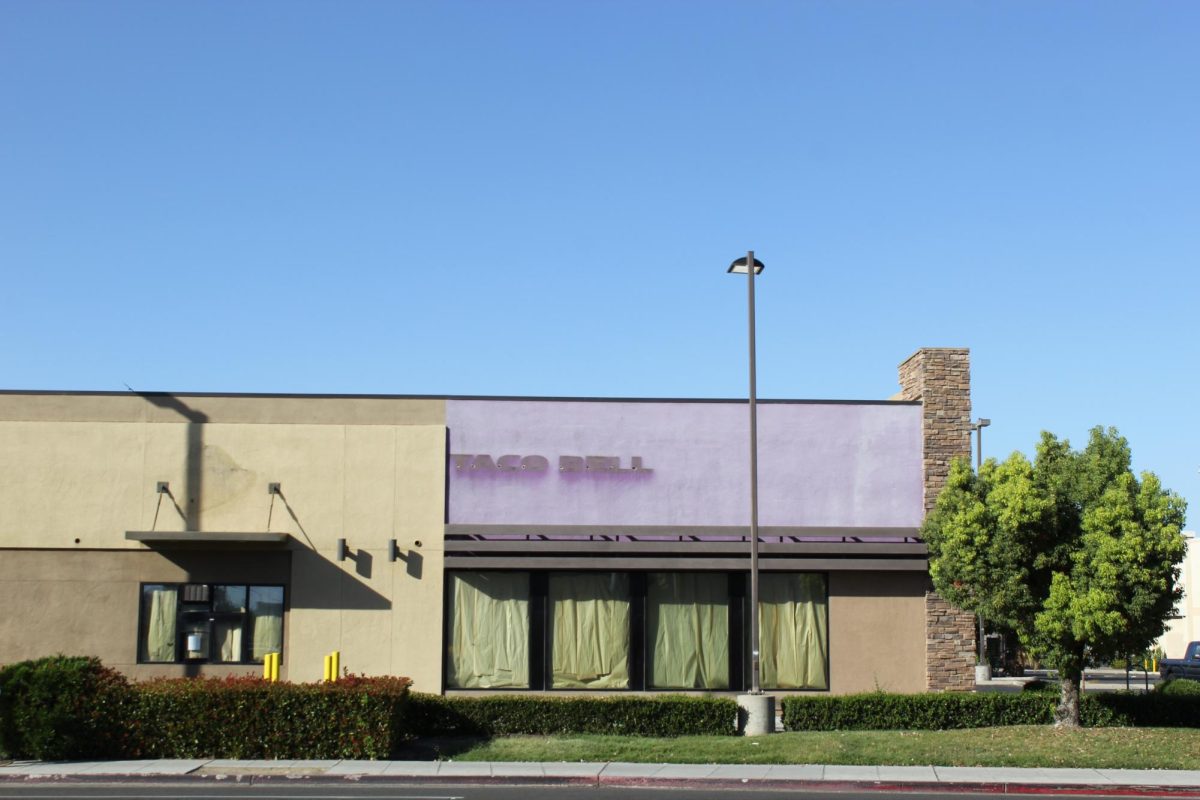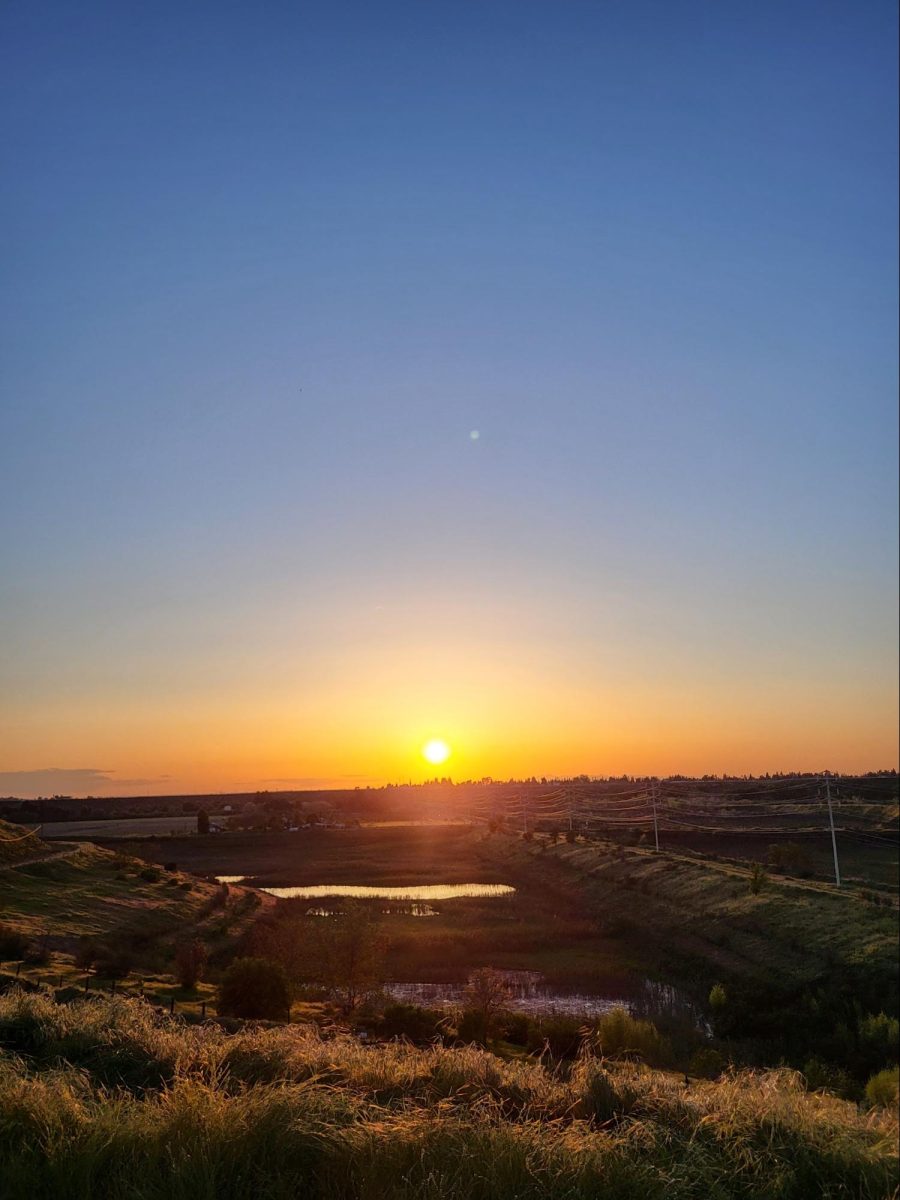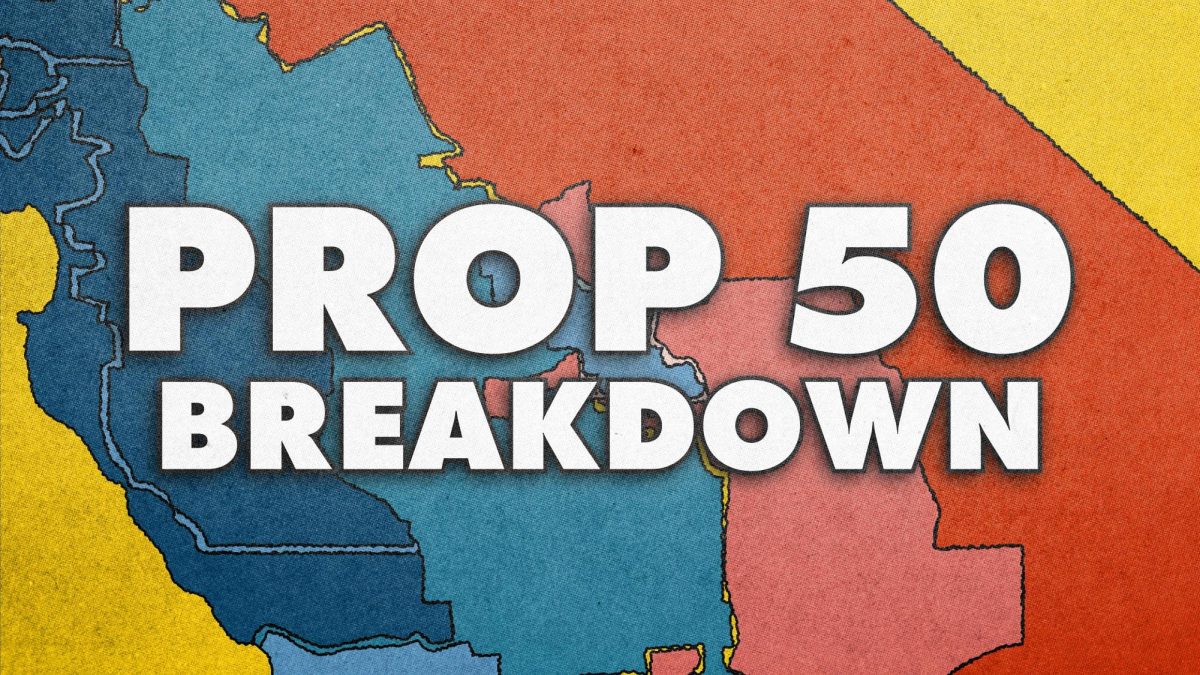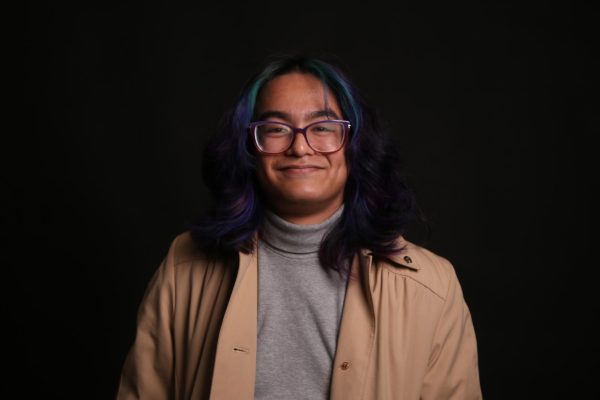On Nov. 9 at 3 p.m., a coalition of Fresno-based activist groups marched along Blackstone Avenue near River Park calling for an end to the genocide in Palestine and Lebanon perpetrated by Israel and the United States.
Protests have been held every Saturday on Blackstone and Nees since Oct. 14, 2023.
Groups involved included the Palestine Liberation Group, Peace Fresno, Raza Against War, Veterans for Peace, Women’s International League for Peace And Freedom, Back from the Brink and the Fresno Center for Non-Violence.
“It’s not just 400 days of the genocide, it’s this chapter of the genocide because this goes so many decades behind Oct. 7 [2023],” Vice President of Veterans for Peace and Fresno City College adjunct instructor, Joshua Shurley said.
He said the goal of protests was to spread awareness of what is happening in the Middle East and voice their opposition to current U.S. foreign policy.
Over 80 protestors were in attendance to wave Palestinian, Yemeni and Lebanese flags and march with signs. A protestor noted how their banner containing a message against Israeli violence was 25 years old.
Other signs displayed calls for peace in Ukraine and against a war with Iran. A speech done at the end of the march called for solidarity with people facing crises and oppression in the Democratic Republic of Congo, Yemen and Sudan.
Arion Grajeda, treasurer for the MEChA club at FCC which is part of the broader Chicano student organization, felt there was a similarity in the struggles of Chicanos and Palestinians.
“We are both a people who have been oppressed and displaced by imperialist nations,” Grajeda said.
Pro-Palestinian Perspectives on the U.S. Election Results
The march comes days after the reelection of Donald Trump over Kamala Harris to a second term as U.S. president.
“I was angry because I have people who will be affected by things like Project 2025 [and] extremely fascist policies that the Republican Party intends to enact in the next four years,” Grajeda said.
Jordanian-Palestinian student and Vice President of Students for Palestinian Liberation Fresno State Rahaf Q., who asked to go by her first name and last initial, said she was not in favor of either candidate due to their support for Israel.
She noted increased hatred towards Arab Americans and American Muslims on social media due to their support for third-party candidates over Harris.
“Both candidates were in favor of a genocide and didn’t talk much about a ceasefire,” Rahaf said. “Put yourselves in our situation. We’re doing this for our people.”
She felt the election results wouldn’t have changed even if the majority of Arab Americans and Muslim voters went with Harris.
Italia Mendoza, vice president of FCC’s MEChA, also worried that blame for the results would fall on voters.
“[They] were gonna blame it on the third-party voters, Black and Brown voters, instead of actually realizing [there’s] one common enemy,” she said.
All interviewees felt the genocide in Palestine and Lebanon would likely continue under a Trump presidency.
“There’s potential that Trump may be harsher. He said before that ‘Israel just needs to finish the job,’” Mendoza said.
However, the consensus was that U.S. foreign policy, regardless of party lines, has always supported Israel and will remain the case.
The Fight Continues Regardless of the Results
Pro-Palestinian voices collectively agreed for the need to do more regardless of election results.
Shurley felt that voting in elections was only one of many tools people can use to take action. Options to act upon include contacting representatives, joining demonstrations, donating time and or money to pro-Palestinian causes.
“Real democracy means participation. It means taking action. Not just at the ballot box, but all the years in between,” he said.
Rahaf pointed out to the protesting crowd gathered on Blackstone and Nees as she spoke about what needs to be done for Palestine.
“I love it. I love to see it,” she said. “.Speak up, remind [and] show people.”
Grajeda hopes for people to not be afraid to protest and take direct action for peace.
“In addition to this [protest], I think political leaders and organizers should focus efforts on outreach and education to not only students but to the average laborer,” he said. “In particular, the less-advantaged people who can’t come to a demonstration because they have to work more than 10 hours a day to support their families.”
Mendoza pointed to the action of boycotting companies that do business in Israel and support their occupation of Palestine.
“It won’t get better [on its own]. That’s why the fight continues and it’s up to us, not our politicians to do something about it,” she said.

